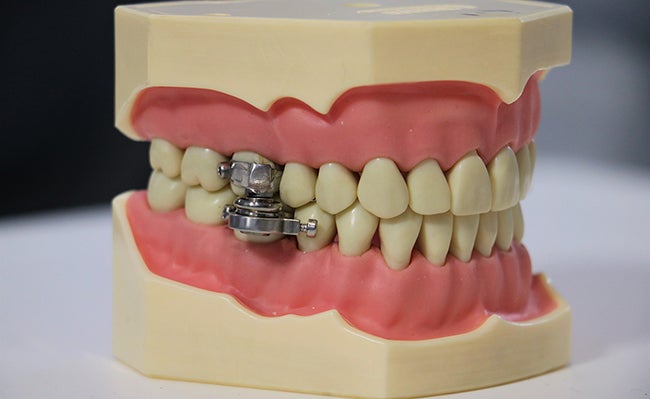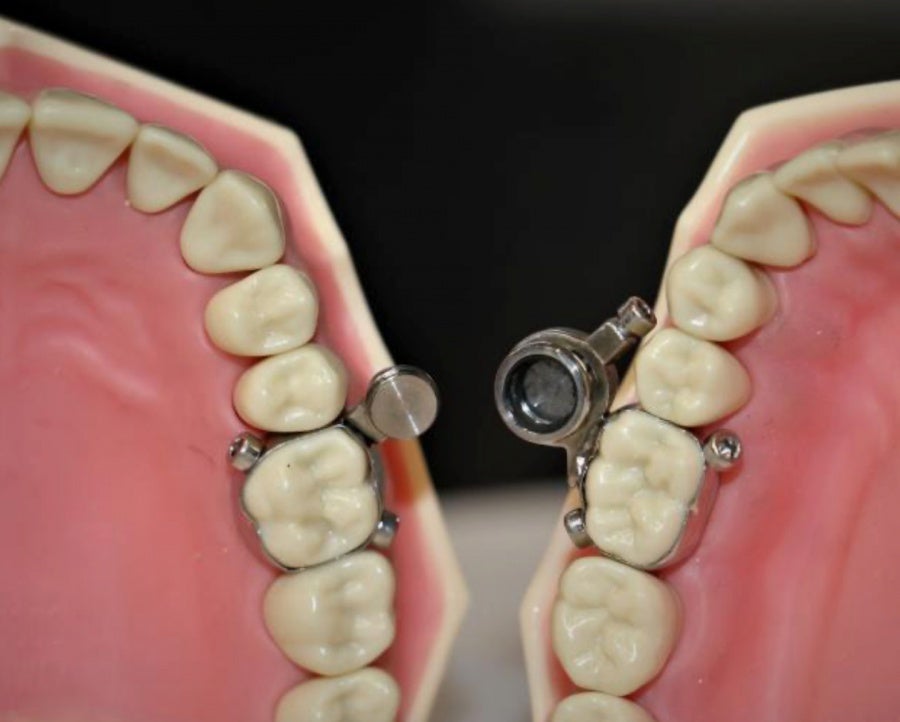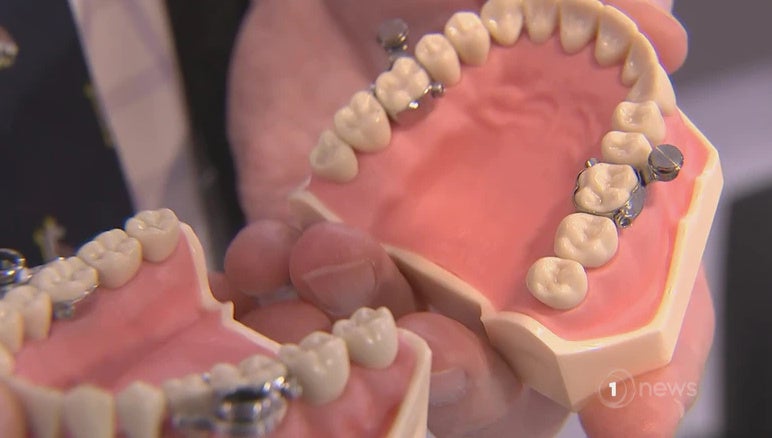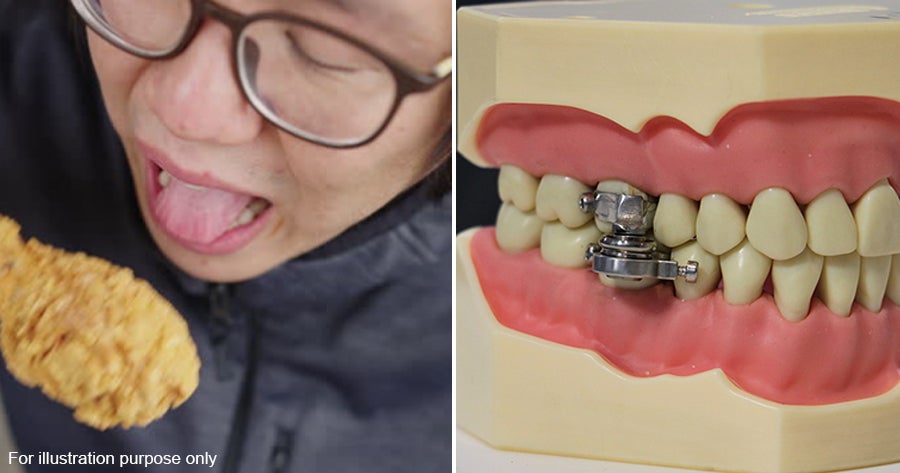The University of Otago and researchers from the UK have developed the world’s-first weight-loss device made of magnetic devices to help fight obesity globally.
The intra-oral device called DentalSlim Diet Control is fitted to the upper and lower back teeth and uses “magnetic devices with unique custom-manufactured locking bolts”. The device only allows those who wear them to open their mouths about 2mm, hence restricting them to a diet of liquids. However, people can still speak and breathe normally with the device on.

“To clarify, the intention of the device is not intended as a quick or long-term weight-loss tool; rather it is aimed to assist people who need to undergo surgery and who cannot have the surgery until they have lost weight,” the University of Otago said in a Tweet.
“After two or three weeks they can have the magnets disengaged and the device removed. They could then have a period with a less restricted diet and then go back into treatment. This would allow for a phased approach to weight loss supported by advice from a dietician.”
According to a media release from the University of Otago, participants in a Dunedin-based trial were able to lose an average of 6.36kg within two weeks and were motivated to continue their pursuit of weight loss.


Lead researcher, University of Otago Health Sciences Pro-Vice-Chancellor Professor Paul Brunton says the device will be an effective, safe, and affordable tool for people battling obesity. Although it is fitted by a dentist, the user can release the device with a specially designed tool in case of an emergency and it can be repeatedly fitted and removed.
“The main barrier for people for successful weight loss is compliance and this helps them establish new habits, allowing them to comply with a low-calorie diet for a period of time. It really kick-starts the process,” Professor Brunton said.
“It is a non-invasive, reversible, economical and attractive alternative to surgical procedures. The fact is, there are no adverse consequences with this device.”

For illustration purpose only
Professor Brunton cites statistics of about 1.9 billion adults worldwide who are overweight, and 650 million who are obese. This accounts for about 2.8 million deaths a year and it is estimated that about 57% of the world’s adult population will be overweight or obese by 2030.
“In addition, psychological symptoms may be present, including embarrassment, depression and loss of self-esteem and obese people may suffer eating disorders together with stigmatisation and discrimination,” he said.
“Overall, people felt better about themselves. They had more confidence and they were committed to their weight loss journey.”
“It’s hard yards. Patients who really want to do this have to be committed. But for those people who are really struggling – and let’s face it, that’s millions of people across the world – this is a way of getting them back into normal lifestyle diet habits by really pump-priming the process.”
“This could actually help a lot of people.”
What do you think about this?
Also read: Man In China Puts On 100kg After Spending RM3,216 On Food Delivery A Month








































